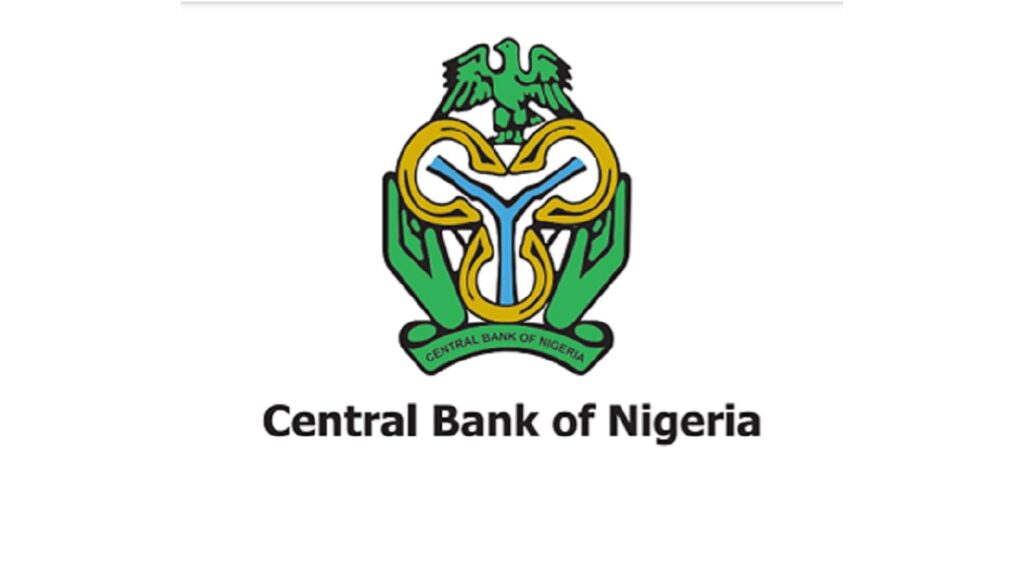Seven Banks’ Reserves with CBN Surge to N18.8tn as Tight Policy Bites.
High cash reserve requirements limit banks’ lending, spark debate over policy impact

Seven of Nigeria’s largest banks have reported a sharp increase in their restricted deposits with the Central Bank of Nigeria (CBN), with a combined total of N18.82 trillion as of March 31, 2025. This figure is up from N17.54 trillion recorded at the end of December 2024, reflecting the impact of the CBN’s tight monetary policy and high cash reserve requirements.
Access Holdings led the group, with N8.64 trillion in restricted deposits, a 22.4% rise from N7.06 trillion in December 2024. These restricted funds include mandatory reserve deposits, special cash reserve requirements, and differentiated cash reserve schemes. Such funds are not available for banks’ daily operations and are held by the CBN as a regulatory tool to manage money supply, control inflation, and maintain monetary stability.
Other banks also reported significant figures:
- United Bank for Africa (UBA): N3.46tn (down from N3.93tn in December 2024)
- Guaranty Trust Holding Company (GTCO): N2.17tn (up from N1.96tn)
- Fidelity Bank: N1.66tn (up from N1.59tn)
- Stanbic IBTC: N758bn (up from N717bn)
- FCMB Group: N1.24tn (down from N1.44tn)
- Wema Bank: N892bn (up from N839bn)
The CBN’s Cash Reserve Ratio (CRR) currently stands at 50% for deposit money banks, the highest in the world, and 16% for merchant banks. The Liquidity Ratio remains at 30%. The Monetary Policy Rate (MPR) has also been held steady at 27.5% for the second consecutive meeting in 2025, as the CBN continues to pursue a tight monetary stance in response to inflationary pressures.

The CBN argues that these measures are necessary to control inflation and stabilize the naira. Inflation has moderated slightly, dropping to 23.71% in April 2025 from 24.23% in March, according to the National Bureau of Statistics. CBN Governor Olayemi Cardoso stated, “The committee was unanimous in its decision to hold policy and thus decided as follows: retain the MPR at 27.50 per cent,” noting that the pause would help members better assess short-term economic trends.
However, many economists and industry experts say the high CBN cash reserve requirement is hurting banks’ ability to lend and support economic growth. Muda Yusuf, CEO of the Centre for the Promotion of Private Enterprise, explained;
“The cash reserve ratio is affecting the banks in a negative way. The role of the bank is what we call financial intermediation; in other words, the primary function of the bank is to mobilise financial resources to the deficit end of the economy. The 50 per cent CRR affects their cost of lending and hinders them from performing the primary role of financial lending.”
He added, “The CRR is 50 per cent, and the liquidity ratio is 30 per cent, and if you add them together, it’s 80 per cent, and it is a major issue. Most of the funds are about 30 per cent, and the MPR is 27.5 per cent. This situation is creating very tight conditions for investors. It is not a particularly good thing for the economy. It is very detrimental to investment and growth.”
On the other hand, Bismarck Rewane, CEO of Financial Derivatives Company Limited, defended the CBN’s approach, saying, “Excess liquidity has a strong correlation with the rate of inflation in the country. Therefore, they have taken it as a major step, and since liquidity is constrained and inflation begins to ease up, I believe the CBN will reduce the Cash Reserve Ratio.”
Rewane acknowledged the high CRR but argued that it is necessary given Nigeria’s persistent inflation: “Yes, the CRR is high, but because the inflation rates are stubborn, we need this kind of measure. In the next few quarters, we will see the MPR and the CRR reduce. Inflation is a result of lower output and increased demand.”
Conclusion:
The surge in CBN cash reserve holdings by Nigerian banks highlights the tension between controlling inflation and supporting economic growth. While the CBN’s tight policy has helped moderate inflation, it has also restricted banks’ ability to lend, raising concerns among investors and industry experts. As inflation shows signs of easing, there is hope that the CBN may soon relax its monetary stance, allowing banks more room to support economic recovery.
Stay woke. Stay tuned. Stay with AKEWE NEWS.




